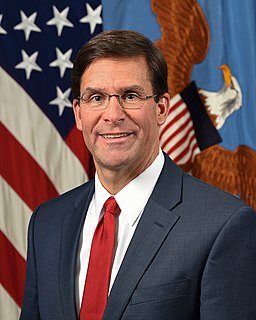A Quote by Peter Diamandis
Eight billion people will have Internet access by 2020.
Related Quotes
Cisco projects that in 2020, now just five years away, there will be seven billion people on the earth and 50 billion devices connected to the Internet. Six-and-a-half devices on average per person. As a father of five young adults and teenagers, I think we are - in my household, we've exceeded the 6.5 number.
Over 1 billion people have no access to clean drinking water, and more than 2.9 billion have no access to sanitation services. The reality is that a child dies every eight seconds from drinking contaminated water, and the sanitation trend is getting sharply worse, mostly because of the worldwide drift of the rural peasantry to urban slums.
In the Internet world, both ends essentially pay for access to the Internet system, and so the providers of access get compensated by the users at each end. My big concern is that suddenly access providers want to step in the middle and create a toll road to limit customers' ability to get access to services of their choice even though they have paid for access to the network in the first place.
In one sense, the Internet is like the discovery of the printing press, only it's very different. The printing press gave us access to recorded knowledge. The Internet gives us access, not just to knowledge, but to the intelligence contained in people's crania, access to the intelligence of people on a global basis.


































